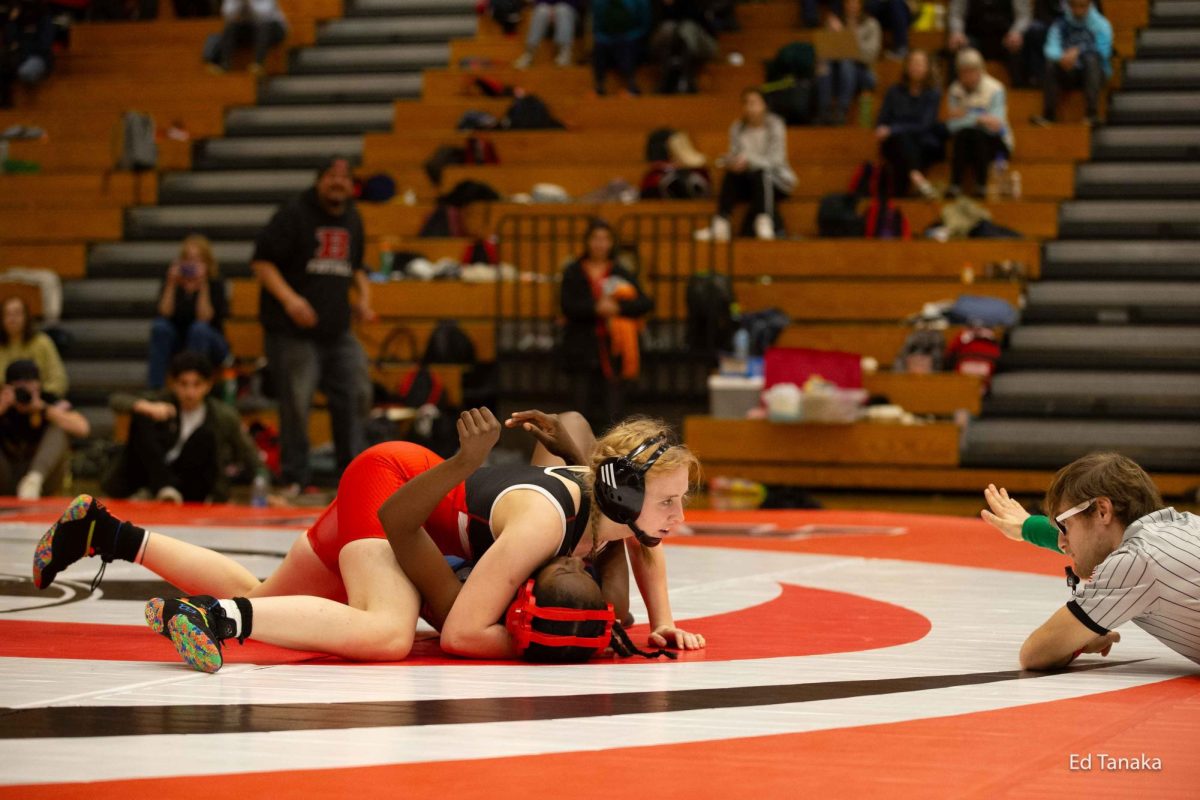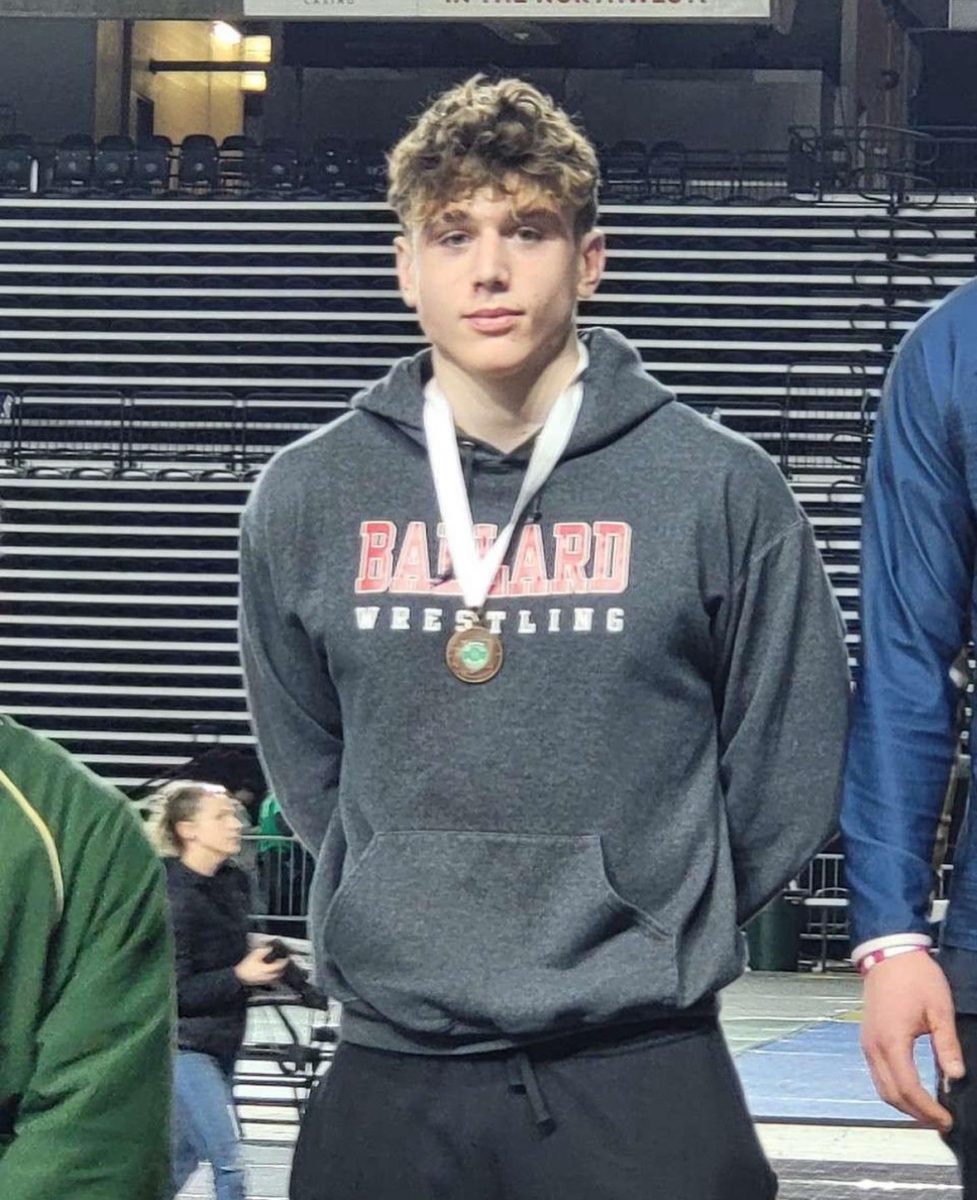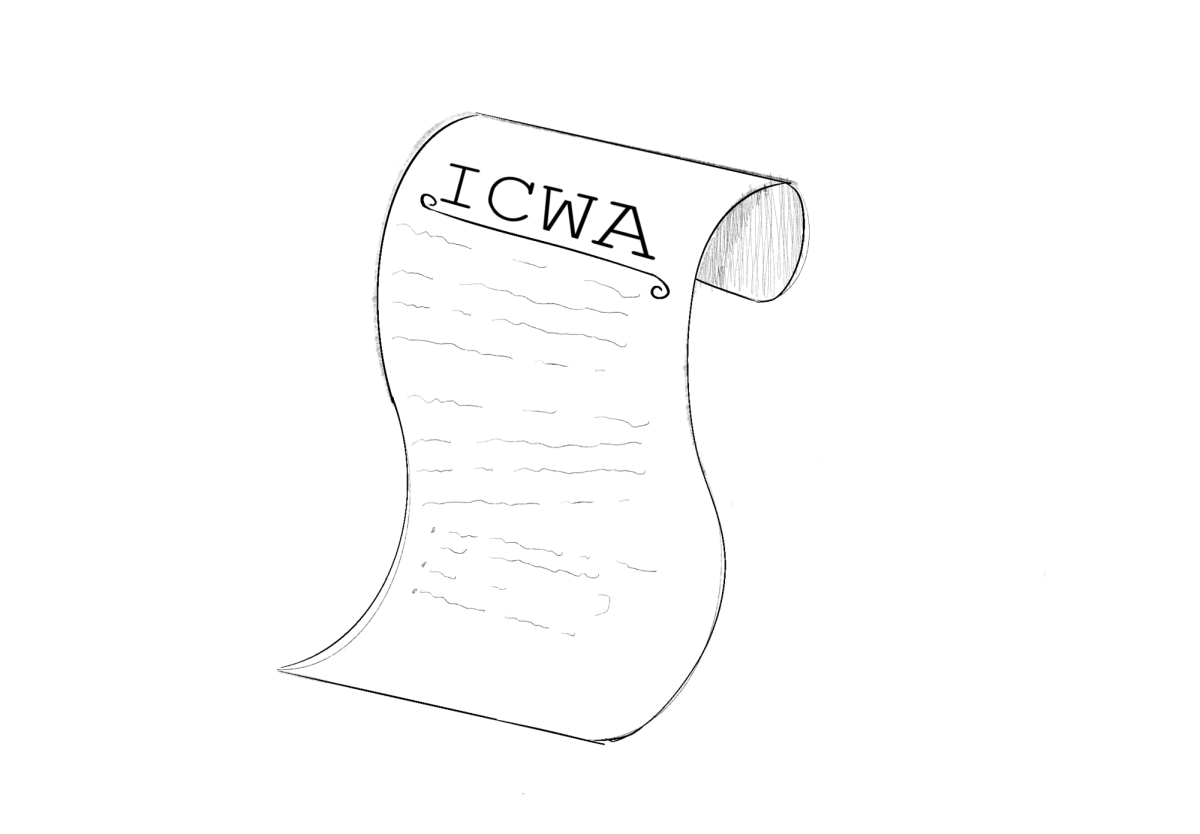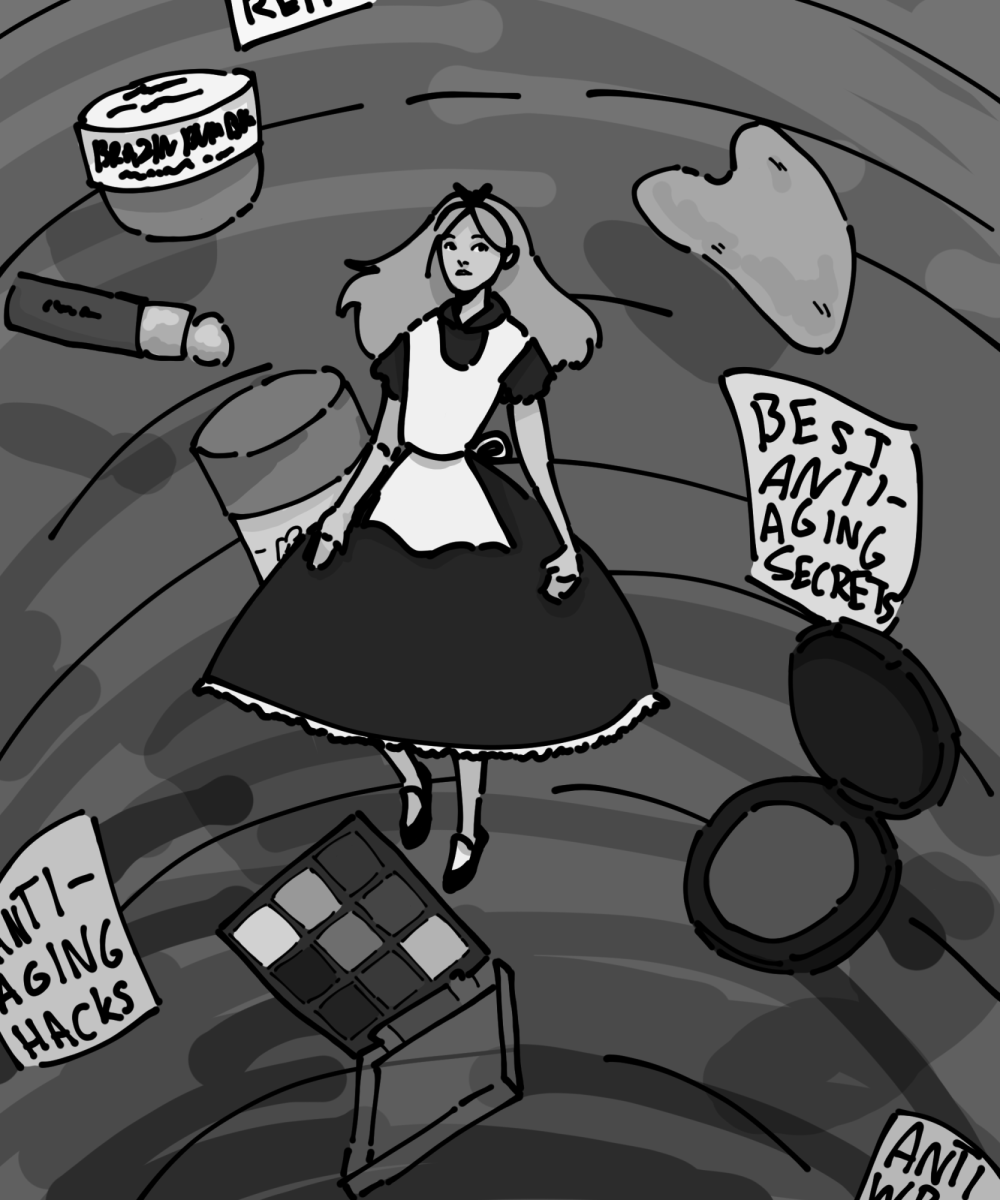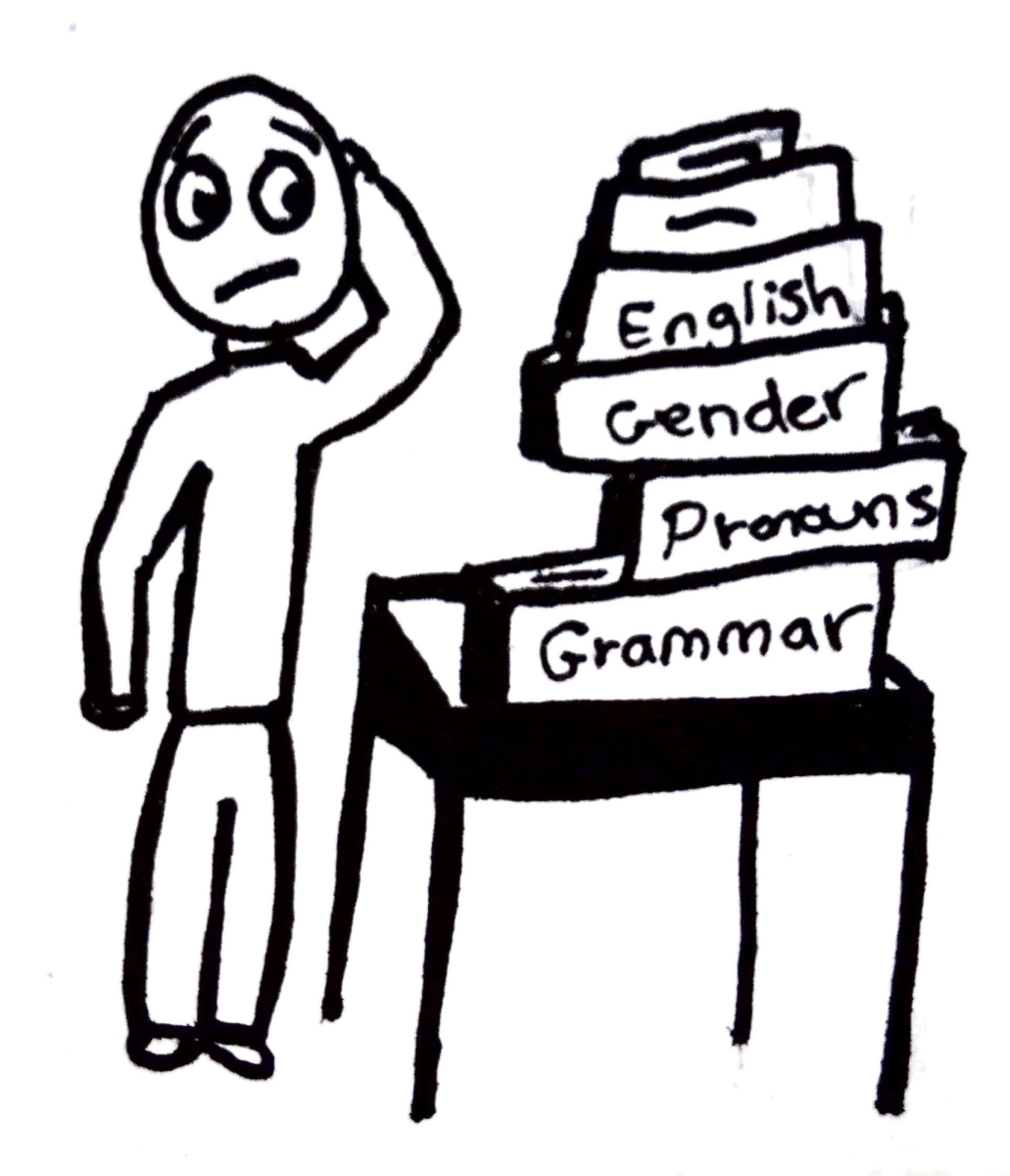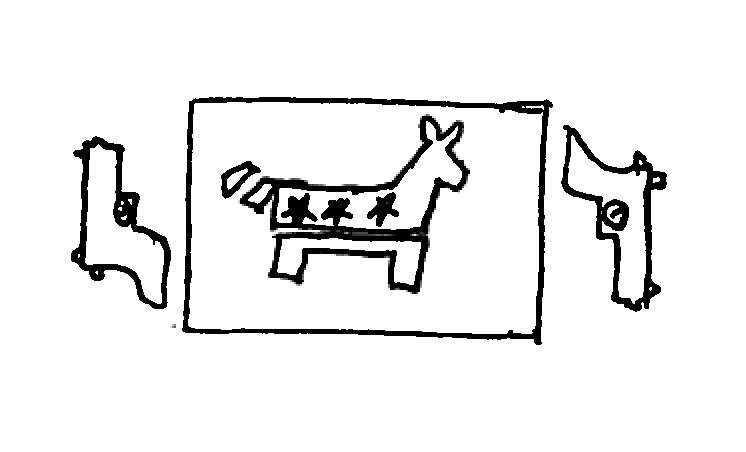A new take on gun violence
Oscar Zahner, Political Correspondent
Originally published March 29, 2018
In the wake of a mass shooting, fatal incident of police brutality, or any tragedy that has the potential to renew a national discussion of a hot-button issue, that discussion is often undercut by a predictable argument from those who oppose a change in the status quo. By using violence as an opportunity to get on a soapbox, they say, we use the victims as political talking points. Politicizing a tragedy, using this logic, is an act of profound disrespect.
This argument is, at first glance, not very difficult to poke holes in. After all, those who make this argument are trying to advance a political cause as well. Conservative politicians don’t want to have a conversation about gun control not because of the respect and empathy they feel for the victims, but because their political convictions benefit from a lack of discussion about changing the existing state of affairs.
And, yet, when I watched the speeches politicians gave at our walkout, I found it a little difficult not to empathize with the (even purported) concerns of those who claim to be skeptical about politicization of tragedy. Maybe it’s cynical, but it seemed naive to imagine that the politicians who spoke to us were motivated by compassion alone.
Partisan implications
It shouldn’t be surprising that the politicians who came to our walkout were Democrats. It’s fitting, of course. The Democratic Party has made expanding gun control one of its key platforms. So naturally, when the speeches ended with calls to “get out and vote,” the subtext was “get out and vote Democrat.”
Of course gun violence is an inherently political issue. Of course young people should be encouraged to vote for candidates who share their concerns. Of course young people should be encouraged to vote in general. But I find it hard not to sympathize with the conservative suspicion that Democratic politicians use these protests as a power grab for reasons that go past the ethos of the individual politician. Rather, the agent that undermines sincere and compassionate discussion about gun violence is systemic; a fault not of any one individual but of the way we view politics in general.
Democratic politicians support protests like the walkout, at least purportedly, because their aims align. In the short term, that’s probably true. But in the long term, it’s not hard to imagine that the Democratic Party sees these protests as an opportunity to turn a wave of politically energized young potential voters into party-line constituents.
Here we see why the problem is systemic: when people are expected to vote Democrat because of their concerns about gun control, they are expected to conform to all of the values of the Democratic party. They’re expected to conform to a brand of identity politics in which a person’s beliefs about gun control are predictive of their beliefs about abortion, about income inequality, about health care.
Moral absolutism
Issues of extreme moral consequence are more effective at keeping people in line with party ideology. For an extreme example of this idea, one needs to look only at the rhetoric employed by supporters of Roy Moore in last year’s special election in Alabama. Many people who identified as Republican voted for a man they knew to be a pedophile because the political opposition had successfully framed as more morally reprehensible than pedophilia. The conversation had been reduced to such moral absolutes that to be a Democrat, and thus to be pro-choice, was to be in favor of infanticide.
Similarly, the Democratic push to capitalize on the moral conviction inspiring the recent walkouts and protests seems to imply that holding conservative values is akin to condoning school shootings. That’s not to say that the Republican response to school shootings has been adequate, but political discourse has been reduced to the point where there’s no place for people who support gun control measures yet oppose other Democratic Party policies.
Essentially, my suspicions about the integrity of the politicians of our walkout is a response to my belief that gun control is a human issue that is being unfairly treated as a partisan issue. For this reason, a speech from a party Democrat feels more like a power grab than an act of compassion for the victims of the Parkland shooting. The real spirit of the walkouts, which I felt were more meaningfully expressed by the student speakers, are founded on the need for substantive change. But change is notoriously elusive in the political system democratic politicians are perpetuating. A real, substantive debate about gun violence can’t be based on partisan absolutism. If the current dialogue on gun control goes unchanged, the status quo will go unchanged. And some of the blame must fall on the Democratic Party.
![West Seattle High School’s (WSHS) Chinese program is closing down and teachers in the program are informed to transfer to a different high school. At WSHS, 475 both former and current students have signed a petition to help teacher Ying Yu continue her Chinese program. She shares that initially, the program offered only four classes with 90 students but with her initiatives, the program grew to be full-time with 154 students and 137 students on the waiting list. (Seattle Public Schools Board Meeting YouTube Channel: Seattle Schools Board Meeting May 8, 2024, [58:25])](https://ballardtalisman.org/wp-content/uploads/2024/06/Screenshot-2024-06-14-134038.png)
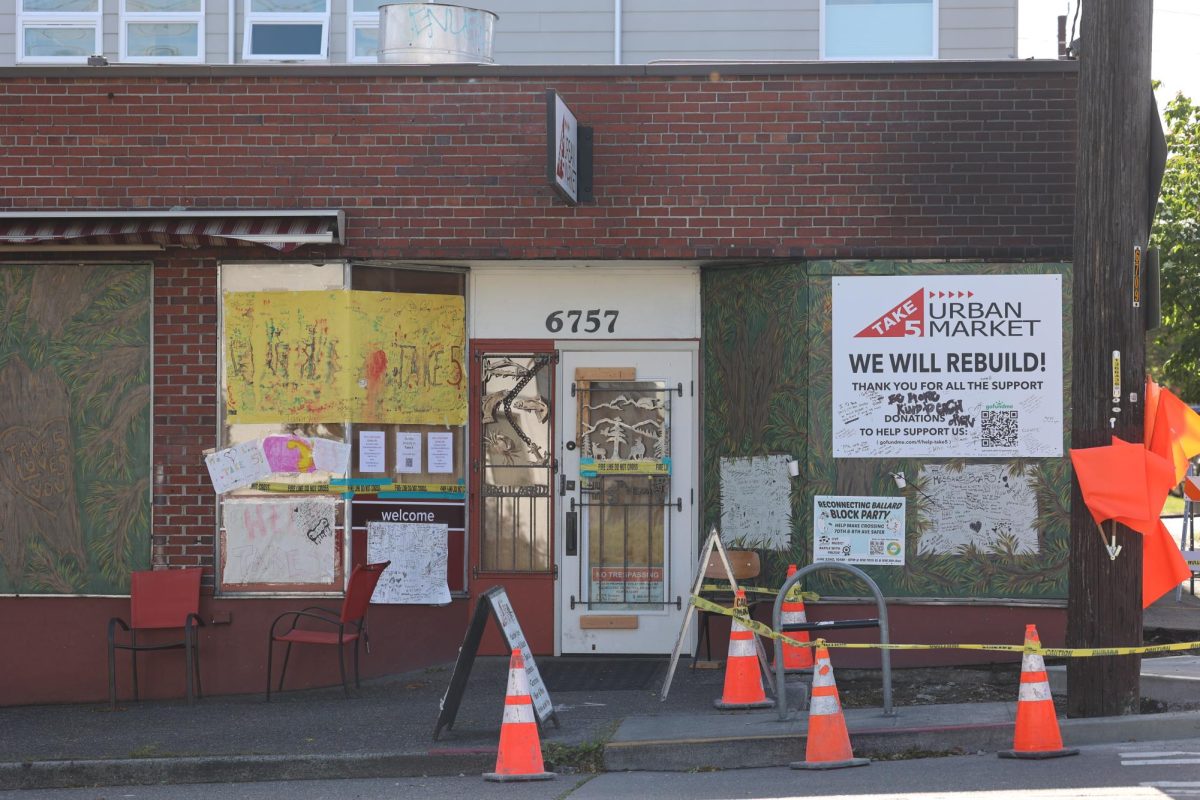

![“Link Crew is meant to be a way for [upperclassmen] to help ninth graders with the transition to high school,” Laura Lehni, language arts teacher, ASB advisor and Link coordinator, said](https://ballardtalisman.org/wp-content/uploads/2024/05/IMG_4601-1200x800.jpg)



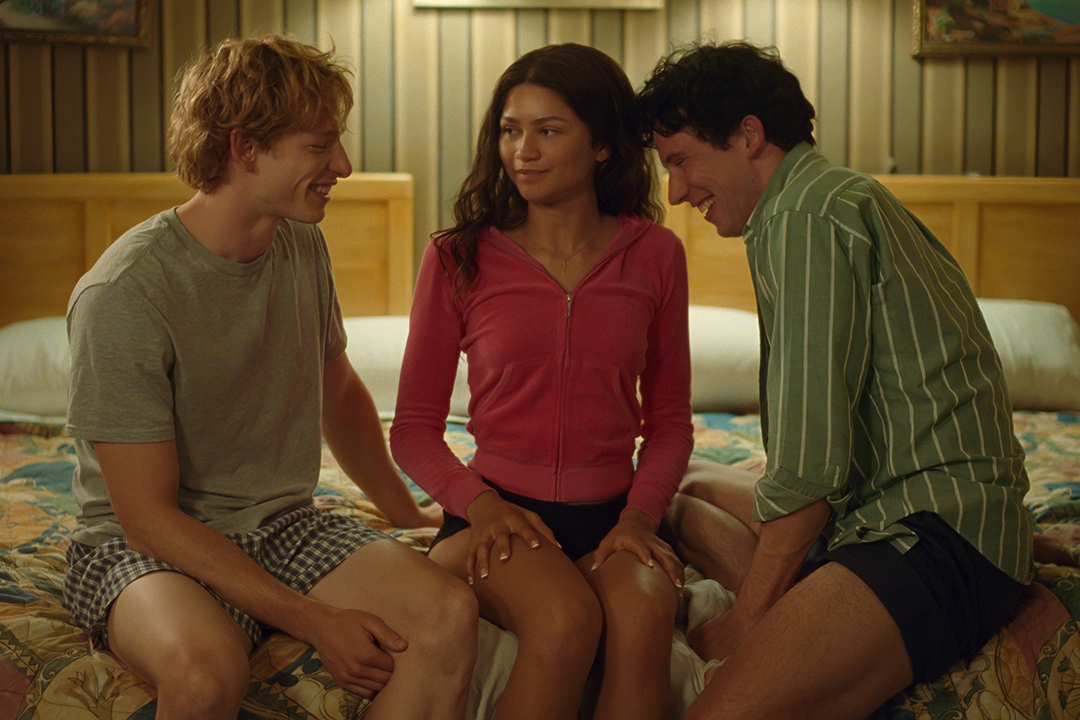

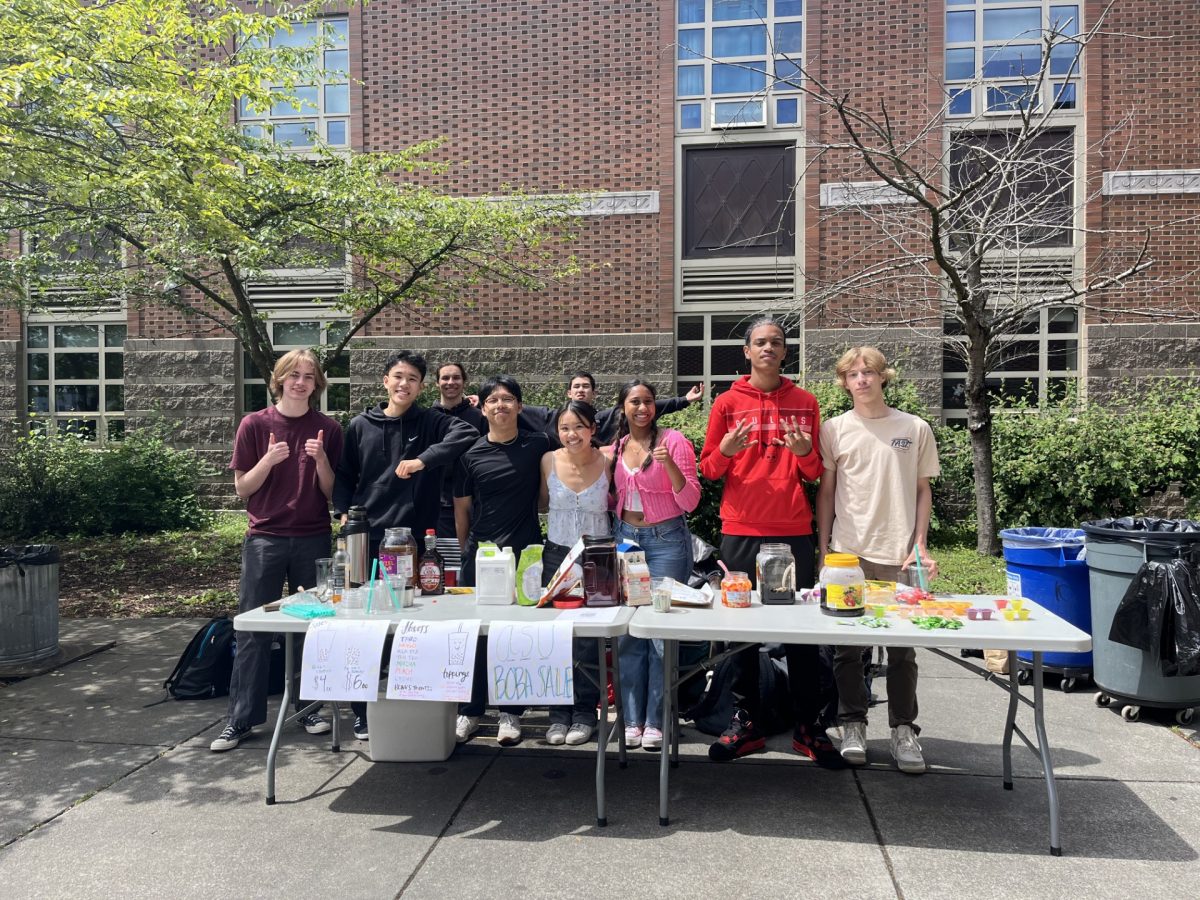

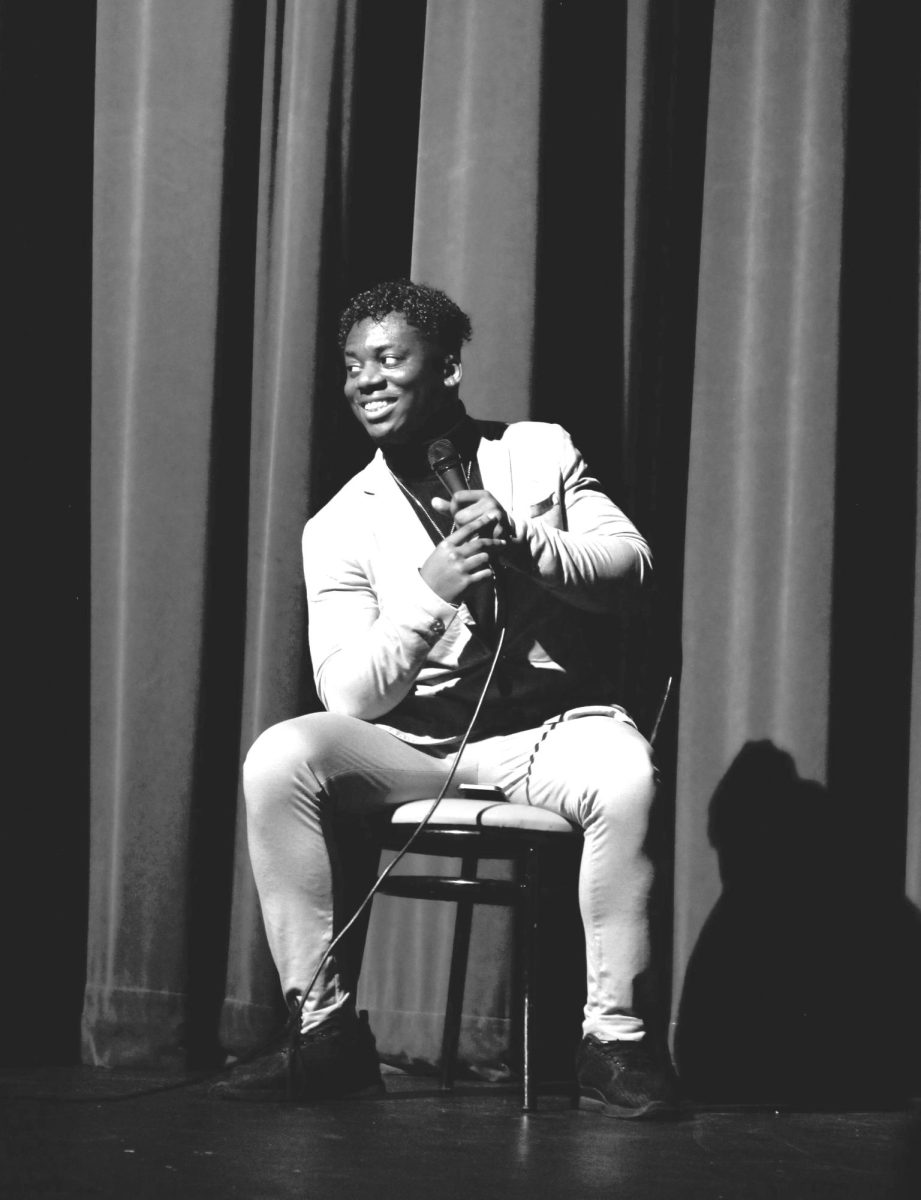


![Henry Willy [pictured left] taking the field with his teammates in a 10-11 loss vs. Saas.](https://ballardtalisman.org/wp-content/uploads/2024/05/IMG_2431.jpg)

